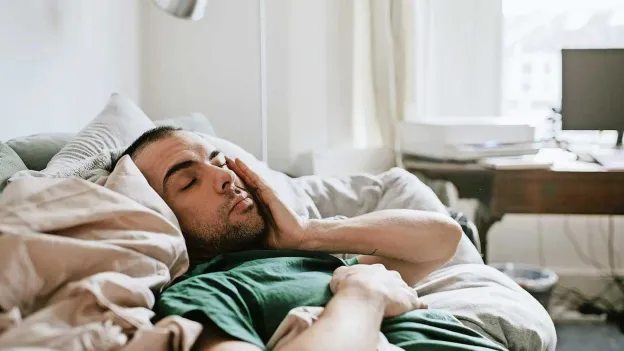Study: One in Five Young People and One in Four Adults with Long COVID Have Decreased Social Contacts

16
World
October 2, 2024 08:40
bilthoven - A recent study reveals that a significant number of young people and adults with long COVID are experiencing a reduction in their social contacts as a result of their persistent symptoms.
A recent research study has found that one in five young people and one in four adults with post-COVID symptoms have fewer to no social contacts due to their prolonged effects of the virus.
The study also highlights that nearly half of young people with lingering symptoms post-COVID are unable to fully participate in school or their further education. 27 percent of them attend fewer classes, while 20 percent have either taken sick leave or dropped out completely. Of the post-COVID patients who are employed, 34 percent work less or have stopped working altogether. Additionally, 12 percent are currently unemployed, a situation that may be linked to post-COVID effects according to the RIVM.
The lack of social contacts among one in five young people and one in four adults with post-COVID symptoms is often attributed to their lack of energy. They also tend to participate less in social activities at school, work, or sports clubs. Both young people and adults report being unintentionally excluded by others, leading to feelings of isolation. While some individuals experience a lack of understanding from their surroundings, a few others have actually strengthened their bonds with family and friends.
The Network GOR, which includes organizations such as the RIVM and local health authorities, is collecting data for five years on the impact of the COVID-19 pandemic on the health and well-being of people in the Netherlands. Out of over 12,000 respondents, 3 percent are still experiencing long-term symptoms. In the latest survey round, specific questions were asked for the first time about the influence of post-COVID on work, school, or study, as well as social life.